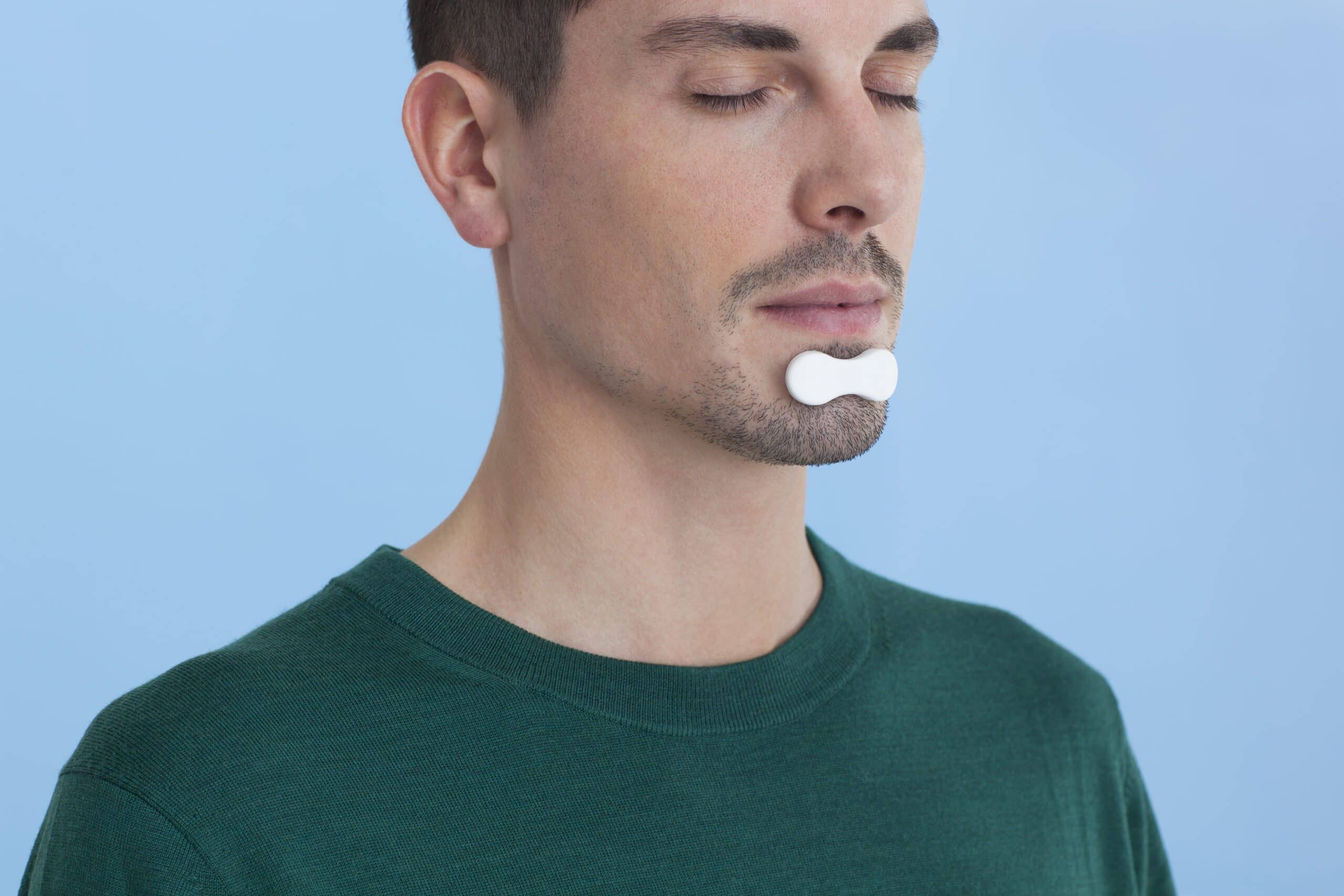New research suggests that genetic variants thought to influence insomnia and sleep duration in adults also likely affect children’s sleep quality and quantity.
The study is published in the Journal of Child Psychology and Psychiatry.
In the study of 2,458 children of European ancestry, children who were genetically predisposed to insomnia (based on a polygenic risk score developed for adults) had more insomnia-like sleep problems such as frequent awakenings or difficulty initiating sleep, as reported by their mothers, whereas those who were genetically predisposed to longer sleep had longer sleep duration but were also more awake during the night in adolescence.
The authors noted that by showing that genes predisposing adults to insomnia also play a role in poor sleep from toddlerhood to adolescence, they provide indirect evidence for a “poor sleeper” trait across the lifetime.
“Our study shows that genetic susceptibility for poor sleep translates from adults to children. This finding emphasizes the importance of early recognition and prevention,” says corresponding author Desana Kocevska, PhD, of the Netherlands Institute for Neuroscience and the Erasmus MC University Medical Center Rotterdam.
The manifestation of genetic liability in sleep phenotypes early in life offers potential targets for early risk estimation, detection, prevention, and intervention, with possible long-term benefits.
Photo 131300231 © Samwordley | Dreamstime.com









































